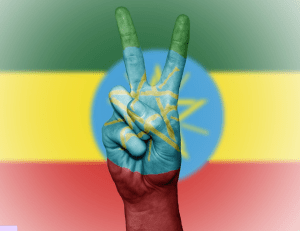SLAVERY
Slavery

If Africa sometimes seems like a continent suffering from post-traumatic stress disorder, one of the least thoroughly digested of its many traumas was the slave trade. Part of African reality long before the white man set foot there, slavery was the fate of criminals, the indebted and prisoners of war. However, its domestic form was more benign than what came later, when Arab slave traders sent raiding parties into the interior, kidnapping the fittest and strongest. Entire regions became depopulated as villagers fled, and the impact of the Arab tactics of divide and rule, in which one chieftain turned against another, have been insidious. By the 16th century, European powers were hard on the Arabs’ heels. With African rulers acting as middlemen – the West African empires of Dahomey and Ashanti in today’s Benin and Ghana grew fat on slavery’s proceeds – British, French, Spanish, Portuguese and Dutch traders shipped between 12 and 20 million souls across the Atlantic to work the New World’s tobacco, sugar and cotton plantations. The brutal trade finally ended in 1833 when Britain, its conscience pricked by the abolition movement, outlawed slavery in its colonies.
What is striking is how deep in the continent’s subconscious this terrible episode has been buried. Some academics estimate that had it not been for the slave trade, Africa’s mid-19th-century population would have been double its 25 million figure. Yet with the exception of the markets along the Swahili coast (a 2, 900km stretch of Kenyan and Tanzanian coastline), Ghana’s castles and Senegal’s Goree Island, one rarely stumbles upon its traces. The complicity of rulers of the day may explain a reluctance to engage with the issue. As Senegalese president Abdoulaye Wade, whose ancestors were slave owners, told African delegates campaigning for reparations: ‘If one can claim reparations for slavery, the slaves of my ancestors or their descendants can also claim money from me.’ The other complicating factor may be awareness of the time it took many African states to outlaw slavery – Ethiopia’s Emperor Haile Selassie, for example, only set about it in the 1920s – and embarrassment at the knowledge that it still quietly persists in countries such as Sudan, Mauritania and Niger. This awkward fact was highlighted in May 2005 when a pressure group arranged a release ceremony for 7,000 slaves in Niger. Humiliated by the media coverage, the government warned those involved they faced prosecution if they admitted to being slave masters, and the ceremony was scrapped.


